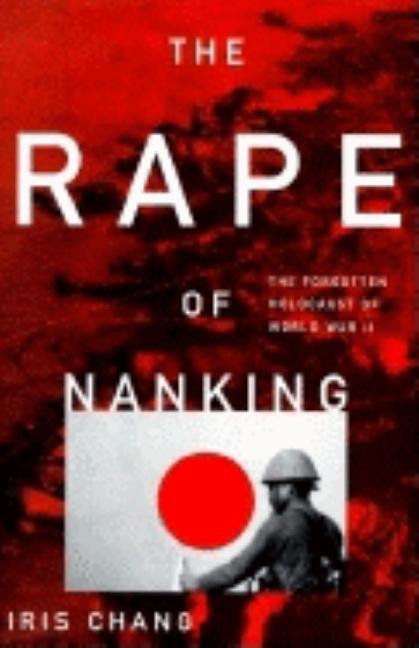Book Description
for The Rape of Nanking by Iris Chang
From the Publisher
The New York Times bestselling account of one of history's most brutal—and forgotten—massacres, when the Japanese army destroyed China's capital city on the eve of World War II, “piecing together the abundant eyewitness reports into an undeniable tapestry of horror” (Adam Hochschild, Salon)
In December 1937, the Japanese army swept into the ancient city of Nanking. Within weeks, more than 300,000 Chinese civilians and soldiers were systematically raped, tortured, and murdered—a death toll exceeding that of the atomic blasts of Hiroshima and Nagasaki combined. Historian Iris Chang tells the story from three perspectives: that of the Japanese soldiers, that of the Chinese, and that of a group of Westerners who refused to abandon the city and created a safety zone that saved almost 300,000 Chinese.
More than just narrating the details of an orgy of violence, in The Rape of Nanking Chang analyzes the militaristic culture that fostered in the Japanese soldiers a total disregard for human life. It also tells of the concerted effort during the Cold War on the part of the West and even China to stifle open discussion of this atrocity. Drawing on extensive interviews with survivors and documents brought to light for the first time, Iris Chang’s classic is the definitive history of this horrifying episode.
In December 1937, the Japanese army swept into the ancient city of Nanking. Within weeks, more than 300,000 Chinese civilians and soldiers were systematically raped, tortured, and murdered—a death toll exceeding that of the atomic blasts of Hiroshima and Nagasaki combined. Historian Iris Chang tells the story from three perspectives: that of the Japanese soldiers, that of the Chinese, and that of a group of Westerners who refused to abandon the city and created a safety zone that saved almost 300,000 Chinese.
More than just narrating the details of an orgy of violence, in The Rape of Nanking Chang analyzes the militaristic culture that fostered in the Japanese soldiers a total disregard for human life. It also tells of the concerted effort during the Cold War on the part of the West and even China to stifle open discussion of this atrocity. Drawing on extensive interviews with survivors and documents brought to light for the first time, Iris Chang’s classic is the definitive history of this horrifying episode.
Publisher description retrieved from Google Books.


